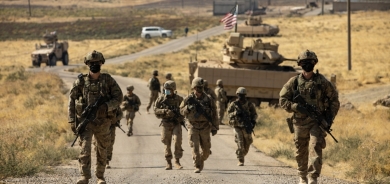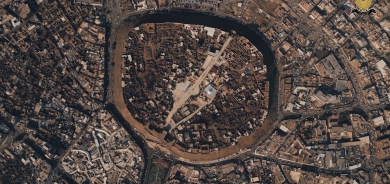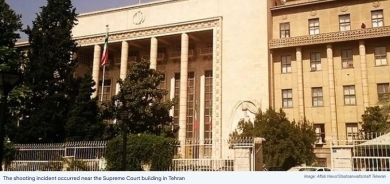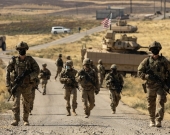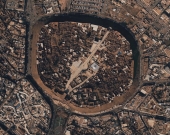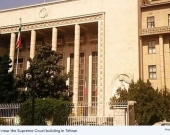'Nothing substantive' from Syria talks - Brahimi

He said he was "not disappointed" and that "the ice is breaking slowly".
He also said that the UN and Syrian government were still negotiating on access for a humanitarian aid convoy into the besieged city of Homs.
Separately on Wednesday, US spy chief James Clapper warned about the growing number of foreign fighters in Syria.
He said that the Syrian militant group tied to al-Qaeda, the al-Nusra Front, wants to attack the US and is training a growing number of fighters from Europe, the Middle East and even America.
"Syria has become a huge magnet for extremists," he told the Senate Intelligence Committee.
He said there were about 26,000 fighters deemed to be "extremists" operating in Syria out of a total opposition force of 75,000 to 110,000 fighters.
The conflict had attracted roughly 7,000 foreign volunteers from some 50 countries, he said.
Mr Clapper said that their presence in Syria was of "tremendous concern" to the US and its allies, particularly European governments, which fear foreign fighters will return home to carry out attacks.
The BBC's Kim Ghattas in Washington says that when the Syrian uprising turned violent in 2011, few officials in Washington seemed worried about the long term national security implications.
'More productive'
The idea of a transition process has proved to be a major sticking point at the peace talks in Geneva.
Mr Brahimi told reporters that the gap between the two sides remained "quite large" but there was a willingness to continue the talks.
He voiced hope that Russia and the US would exert greater influence over the two sides to help bridge that gap.
A timeframe for the second phase of the talks would be decided on Friday, he said.
The UN-Arab League mediator said he hoped the second session would "be more structured and hopefully more productive".
Following the talks on Wednesday morning, Syrian presidential adviser Bouthaina Shaaban said they would discuss the Geneva Communique "paragraph by paragraph".
She said the first issue the government wanted to discuss was the first issue in the document, "stopping terrorism".
The government generally labels any armed opposition as "terrorism".
She claimed that the opposition's aim "to jump to the item that speaks about transitional government" proved they "are only interested in being in government".
Louay al-Safi, a spokesman for the opposition National Coalition, said the fact that the document was now on the table was "a positive step forward".
"For the first time now we are talking about the transitional governing body, the body whose responsibility is to end dictatorship and move toward democracy and end the fighting and misery in Syria," he told reporters.
However, he stressed again the opposition view that the transfer of power issue must "come first, because nothing else can be achieved before we form a transitional governing body".
More than 100,000 people have died and another 9.5 million have been displaced since the uprising against President Assad began in 2011.
BBC


